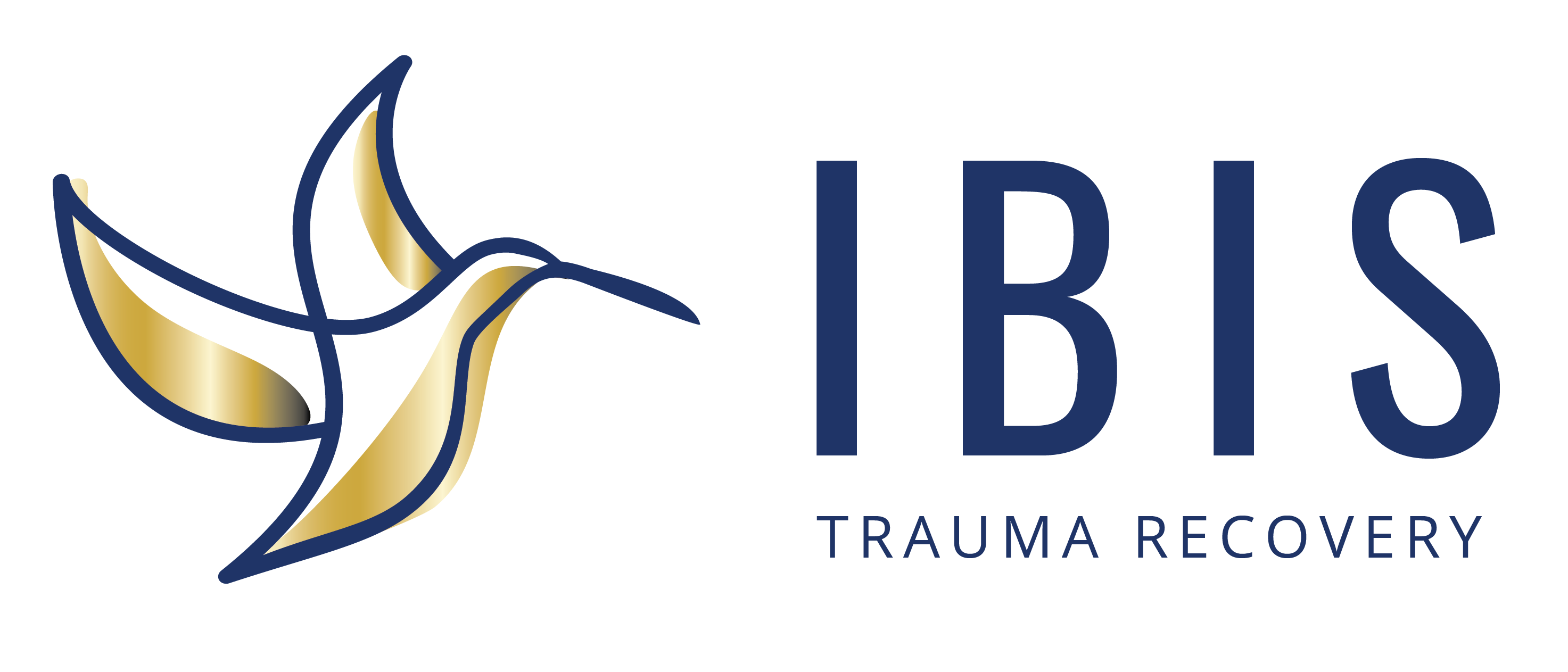No, I’m not a licensed therapist. While I’ve thought about pursuing a formal degree, I’ve decided that my place lies outside the mental health industrial complex. I don’t want an education based on colonial, Western psychology that stigmatizes the very people I want to help. I would have to unlearn that anyway, so I’d rather spend my energy on training and experiences that are decolonized from the start.
That being said, I still believe therapy is a valuable tool. I know many therapists who are challenging their fields and unlearning harmful practices. My own therapist is incredible and I’ll brag about her to anyone who will listen. I’m not against therapists—I just don’t want to be one. Some people like that, others aren’t comfortable with it, but I’m always upfront about my background so people can make an informed decision about working with me.



